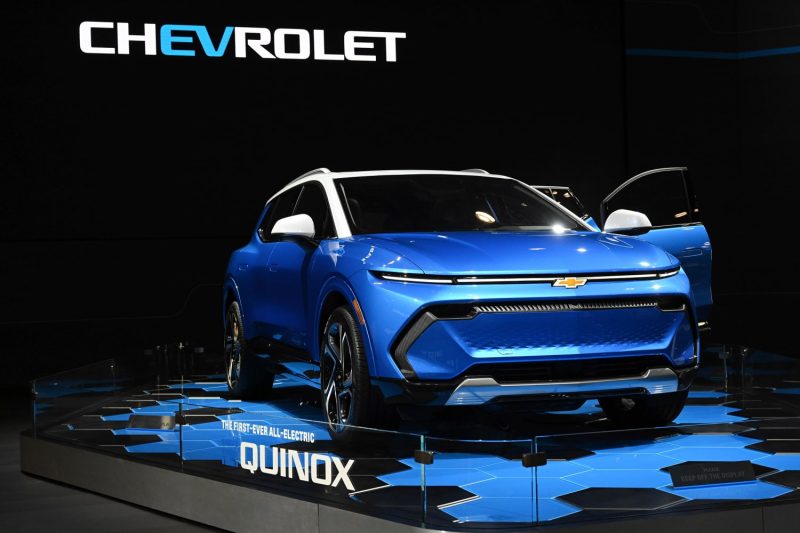In recent years, the automotive industry has undergone a significant shift towards electric vehicles (EVs) as a response to calls for sustainability and a reduced carbon footprint. Among the major players in this field, General Motors (GM) has been actively working on its EV plans to meet the growing demand for more eco-friendly transportation options. However, despite the rising popularity of EVs, GM has faced some setbacks and delays in its EV production timeline.
Initially, GM announced ambitious plans to transition to an all-electric future, with a commitment to phase out gasoline-powered vehicles by 2035. The company aimed to invest $27 billion in electric and autonomous vehicles by 2025. This announcement was well-received by environmental advocates and consumers looking for cleaner alternatives to traditional gasoline cars.
Despite these bold promises, GM has recently faced challenges in achieving its EV production targets. The company has announced delays in the launch of several electric models, including the Chevrolet Silverado electric pickup truck and the GMC Hummer EV SUV. These setbacks have raised concerns about GM’s ability to keep up with the fast-paced EV market and compete effectively with other automakers like Tesla and Ford.
One of the main reasons cited for these delays is the global semiconductor chip shortage, which has impacted the entire automotive industry. The shortage has disrupted production schedules and forced automakers to adjust their timelines for releasing new vehicles. GM has also faced supply chain issues and logistic challenges, further complicating its efforts to ramp up EV production.
Another factor affecting GM’s EV plans is the uncertain regulatory landscape surrounding electric vehicles. In the United States, the Biden administration has proposed ambitious targets for reducing greenhouse gas emissions and promoting EV adoption. GM and other automakers are closely monitoring these developments and adjusting their strategies accordingly.
Despite these challenges, GM remains committed to its long-term goal of electrifying its vehicle lineup. The company has reported strong sales of its existing EV models, such as the Chevrolet Bolt and the Cadillac Lyriq. GM’s EV sales grew by over 70% in the first quarter of 2022, indicating a growing demand for electric vehicles among consumers.
In conclusion, while GM has experienced setbacks in its EV plans, the company remains optimistic about the future of electric vehicles. By addressing supply chain issues, navigating regulatory challenges, and investing in innovative technologies, GM aims to position itself as a leader in the EV market. As the automotive industry continues to evolve, GM’s ability to adapt and innovate will be crucial in shaping the future of sustainable transportation.

